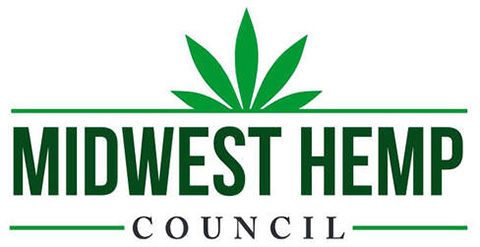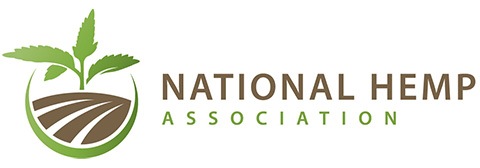


The following post is an excerpt of the “State Hemp Program Update” section from the May 2022 Hemp Spot Price Index Report.
Robert Masson, Assistant Ag Extension Agent with the University of Arizona’s Yuma County Cooperative Extension, provided an update on hemp production in the state. In a May 16 email, Masson wrote:
“30 acres of industrial grain and fiber hemp has been planted in Yuma … by [three] commercial growers. Seed variety was chosen based upon University of Arizona [UA] field trials conducted in Yuma … last season. Major concerns were early spring flowering caused by reduced daylength at this latitude and high heat (120 F) causing poor seed set. Last summer’s UA hemp trial grew well through the heat, somewhat vetting it as a fiber crop, but poor seed set was observed in the fall when temps were still in the 100 F range.”
Masson also stated that he had no updates on CBD production.
On the last day of its 2022 legislative session, Colorado lawmakers passed a measure that calls for the regulation of intoxicating hemp products, according to Colorado Newsline. Senate Bill 205 would authorize the state’s Department of Public Health and Environment “to prohibit the chemical modification, conversion, or synthetic derivation of intoxicating tetrahydrocannabinol isomers that originate from industrial hemp or may be synthetically derived.”
It would also create a task force to study intoxicating hemp products and make legislative and rule recommendations. If the bill is signed into law, the task force will submit its report to the Colorado General Assembly by January 1, 2023. The Newsline report cited above notes that a spokesperson for Governor Jared Polis said he will review the measure.
The Colorado Legislature also failed to approve a $5 million proposal, requested by the state’s Department of Agriculture, for an initiative that would have assisted hemp processing efforts. Westword reported the funding would have been used towards the purchase of hemp decortication machinery, which is needed for the processing of hemp fibers.
The state’s Senate and Assembly have passed a measure meant to encourage commercial applications for industrial hemp grown in New York. Senate Bill S8496 calls for the development and promotion of hemp used by businesses for purposes such as packaging and construction.
According to the bill’s Justification section, New York has become a leader in the cultivation and processing of hemp, and in particular cannabinoid hemp. However, it continues, “the market for New York industrial hemp is still developing and the state needs to take an active role in researching, identifying, and promoting hemp to industries that may incorporate it into their products.” The bill now goes to Governor Kathy Hochul’s desk for final approval.
At the end of April, the West Virginia Department of Agriculture (WVDA) issued a consumer protection warning regarding illegal hemp products being sold in the state’s retail stores. According to a WVDA press release, the state “has become aware of illegal products containing non-naturally occurring cannabinoids, as well as counterfeit recreational marijuana. The Department is urging consumers not to purchase these products as the WVDA works with law enforcement to immediately remove all illicit and counterfeit products.”
The press release and linked images showing examples of products deemed illegal by WVDA make clear that state regulators are targeting delta-8 THC and other intoxicating products manufactured from hemp.
The WVDA regulates all hemp products and / or hemp-derived cannabinoids entering West Virginia’s retail supply chain. Under West Virginia law, contaminant / potency testing, product registration, and retail cooperation has been designed to ensure hemp products are safe for human consumption.


